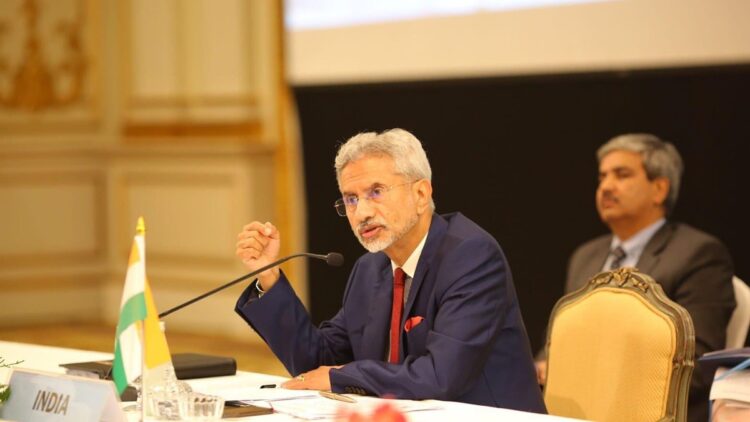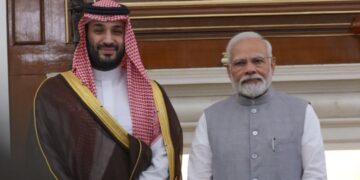External Affairs Minister S Jaishankar on Monday talked about the ongoing diplomatic tension between India and Canada and discussed that the issue needed to be analysed both from a Western and Canada-specific perspective. Jaishankar specifically pointed out that there has been a shift in the balance from the Western domination to the increase of regional powers around different pockets of the world.
S Jaishankar emphasised, ‘There has been what you can call a rebalancing in the last 20-25 years. Many non-western countries have a bigger share, contribution, role in geopolitics and a bigger influence which will naturally come. So, I think the equations in a way between the west and the non-west I think are changing’.
He pointed out, ‘There was a time when in the communication you were looking up and I was looking down. Now, the communication is no longer like that. It takes a little bit of getting used to’. EAM further added, ‘Today, when the natural diversity of the world has started to express itself when many more countries and many more large countries like India or China have points of view and positions to take, there will be contestations, frictions and arguments’.
Jaishankar highlighted the Canada issue, which has been the bone of contention between the two nations. He referred to the bombing of Air India Flight 182 by Sikh Separatists terrorists. Jaishankar further added that the problem goes beyond recent geopolitics.
‘It was a reflection of something which was going on there but at a time when many people experienced that, it was all behind us, I think developments in domestic politics went in a different direction’, said EAM.
Earlier, External Affairs Minister S Jaishankar has called for introspection between the two countries has fallen short. In his address at the 23rd Meeting of the SCO Council of Heads of Government in Islamabad, Jaishankar said, ‘If we fast-forward from the inception of the Charter to the situation today, these goals and these tasks are even more crucial. It is, therefore, essential that we have an honest conversation’.
He added, ‘If trust is lacking, if friendship has fallen short and good neighbourliness is missing somewhere, there are surely reasons to introspect and causes to address. Equally, it is only when we reaffirm our commitment most sincerely to the Charter that we can fully realise the benefits of cooperation and integration that it envisages’.

















Comments